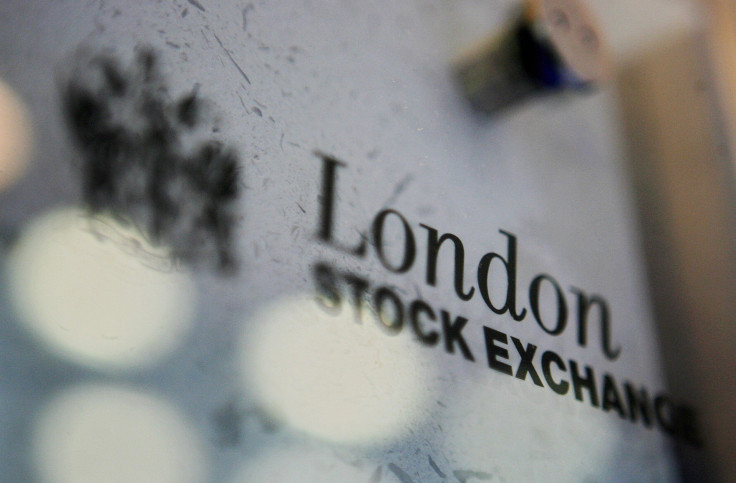Will London Stock Exchange Merge With Deutsche Börse? Criticism Over Potential Deal Heats Up In UK, Germany

Criticism of the potential sale of the London Stock Exchange Group to its German rival Deutsche Börse is heating up in both countries. Shareholders, industry veterans and politicians are split over the merger outlined this month, which would create one of the world’s largest exchange operators.
Under the terms of the prospective deal, Deutsche Börse shareholders would own 54.4 per cent of the enlarged group while LSE shareholders would have the rest. The new holding company would be based in London, and Deutsche Börse chief executive Carsten Kengeter would be CEO of the combined group, according to the Financial Times.
In the City of London, there are divided opinions over whether it matters that the stock exchange’s centuries-long independence is poised to end. Intercontinental Exchange of the U.S. may pitch a rival bid for the LSE. Jean-Pierre Mustier, who previously headed the investment banking operations of both France's Société Générale and UniCredit, warned that the more distant an exchange becomes from its national base, the less likely it is to serve its fundamental purpose of giving companies improved access to capital, increased global profile and access to liquidity.
“The City needs an independent London Stock Exchange for the good of the United Kingdom,” Mustier told the Financial Times Sunday.
On the other hand, Robert Swannell, a former banker who is now chairman of Marks and Spencer, argued that the LSE should be part of a larger successful group, like Deutsche Börse, “rather than obsess about its ownership or the nationality of its CEO.”
Meanwhile, resistance to the proposed merger is growing in Germany, where politicians and industry experts have expressed fears that it will damage Frankfurt’s status as a global financial hub. Former Deutsche Börse director Manfred Zass has warned that the compromises contained within the “merger of equals” could undermine Frankfurt’s standing.
“We should not be naïve. … With respect, if you know the push and pull behind such a merger, it sounds more like an investment banker fairy story,” Zass reportedly told German finance magazine Börsen-Zeitung. "The supposed parity — the boss here, the domicile there — creates a recognizably lopsided Frankfurt.”
Wilhelm Speckhardt, former mayor of the Frankfurt suburb of Eschborn, has called the plan to move the holding company to London “an unimaginable catastrophe for the town.” Ulrich Caspar, a member of the state parliament (Landtag) in Hesse, has said he’s concerned about the bulk of the combined group’s shareholder base coming from English-speaking nations.
“It is the task of the German, Hesse and Frankfurter politicians to ensure that the stock market can continue to develop,” Caspar reportedly told the German media. He was also a vocal opponent of Deutsche Börse’s ultimately unsuccessful plans to merge with the New York Stock Exchange in 2012, according to the Telegraph.
Like the LSE, the Baltic Exchange in the city of London has also remained independent — that is, until now. The Baltic Exchange, which provides information on maritime transportation markets, recently revealed it is looking at several offers to buy it. The front-runner is apparently the Singapore Exchange, but other prospective buyers that have been mentioned include China Merchants Group, a state-run trading corporation based in Hong Kong, according to the Economist.
© Copyright IBTimes 2024. All rights reserved.











